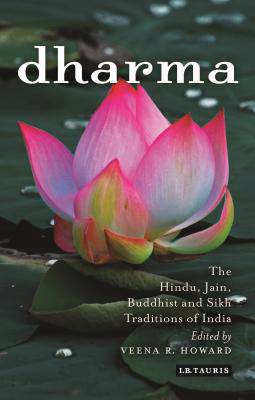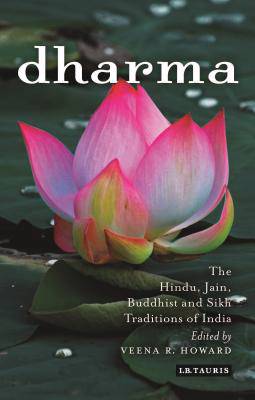
- Afhalen na 1 uur in een winkel met voorraad
- Gratis thuislevering in België vanaf € 30
- Ruim aanbod met 7 miljoen producten
- Afhalen na 1 uur in een winkel met voorraad
- Gratis thuislevering in België vanaf € 30
- Ruim aanbod met 7 miljoen producten
Dharma
The Hindu, Jain, Buddhist and Sikh Traditions of India
Omschrijving
Dharma is central to all the major religious traditions which originated on the Indian subcontinent. Such is its importance that these traditions cannot adequately be understood apart from it. Often translated as ethics, religion, law, or social order, dharma possesses elements of each of these but is not confined to any single category familiar to Western thought. Neither is it the straightforward equivalent of what many in the West might usually consider to be a philosophy. This much-needed analysis of the history and heritage of dharma shows that it is instead a multi-faceted religious force, or paradigm, that has defined and that continues to shape the different cultures and civilizations of South Asia in a whole multitude of forms, organizing many aspects of life.
Experts in the fields of Hindu, Jain, Buddhist and Sikh studies here bring fresh insights to dharma in terms both of its distinctiveness and its commonality as these are expressed across, and between, the several religions of the subcontinent. Exploring ethics, practice, history and social and gender issues, the contributors engage critically with some prevalent and often problematic interpretations of dharma, and point to new ways of appreciating these traditions in a manner that is appropriate to and thoroughly consistent with their varied internal debates, practices and self-representations.
Specificaties
Betrokkenen
- Uitgeverij:
Inhoud
- Aantal bladzijden:
- 304
- Taal:
- Engels
- Reeks:
Eigenschappen
- Productcode (EAN):
- 9781784532642
- Verschijningsdatum:
- 30/09/2017
- Uitvoering:
- Paperback
- Formaat:
- Trade paperback (VS)
- Afmetingen:
- 137 mm x 216 mm
- Gewicht:
- 362 g

Alleen bij Standaard Boekhandel
Beoordelingen
We publiceren alleen reviews die voldoen aan de voorwaarden voor reviews. Bekijk onze voorwaarden voor reviews.










